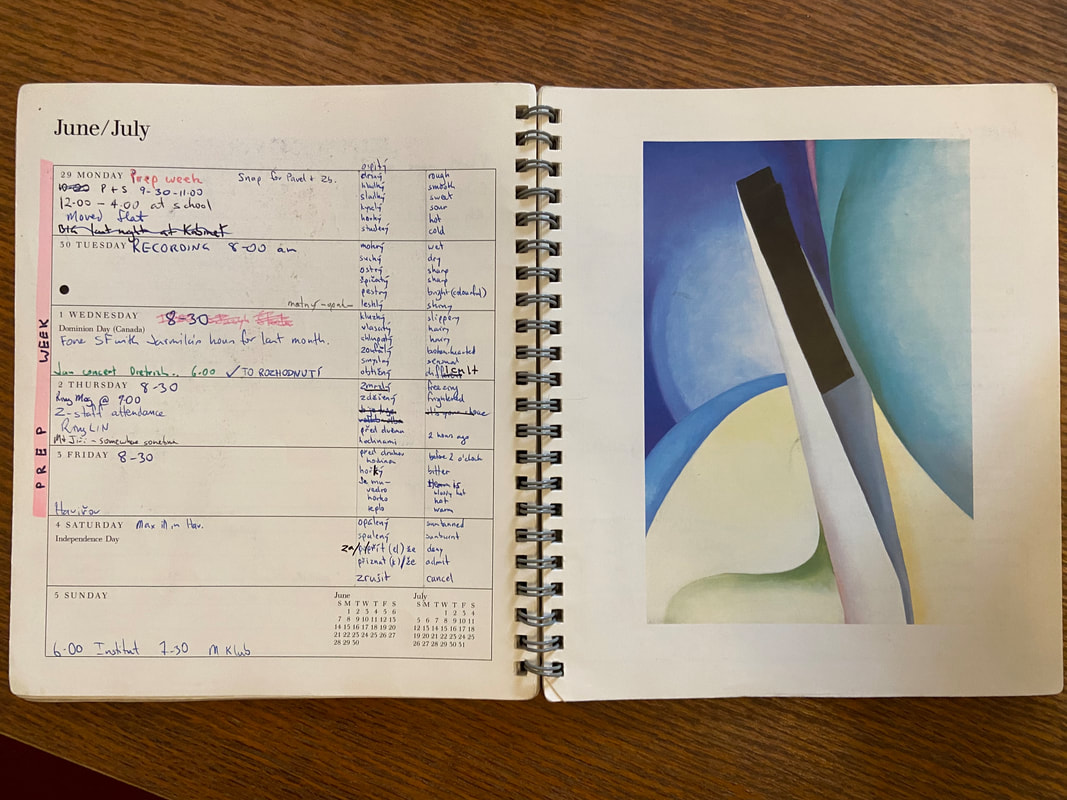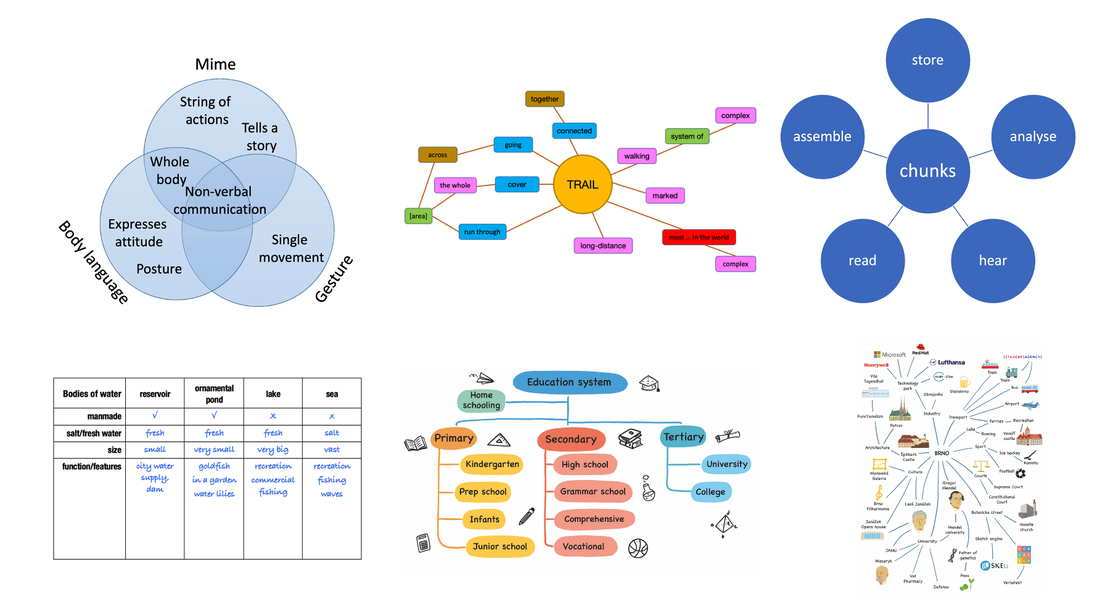The Versatile ELT BlogA space for short articles about topics of interest to language teachers.
Subscribe to get notified of
|
A few issues with traditional vocabulary teachingHaving been engaged in language study for over four decades, made attempts on four foreign languages and witnessed the growth of my first language, English, I can assure you that I have invested a great deal of time into learning vocabulary. Much of it was wasted. Much of it was spent learning useless words in ways that did not teach me how the words work in the target language. Vocabulary learning strategies were not taught. It was simply assumed that students would memorise context-free bilingual lists as if the L2 words worked in the same way as in L1. If I was lucky, my attempts to use the words in sentences and texts were returned bespattered with red ink highlighting collocation and colligation errors in particular. In my experience as a language learner, teacher, trainer and author, I consider the following activities useful but limited:
The reasons I consider these procedures limited:
You can probably think of some counter examples. And so can I. But what I see in contemporary course books does not negate most of the above. Alternatively, we could respect our students' intelligence and creativity.We can task our students with identifying relationships between words and within words, and depict them meaningfully. These examples come from my Versatile Blank Book, which you can read about on this site.
0 Comments
Leave a Reply. |
To make a comment, click the title of the post.
Archives
July 2024
Categories
All
|




